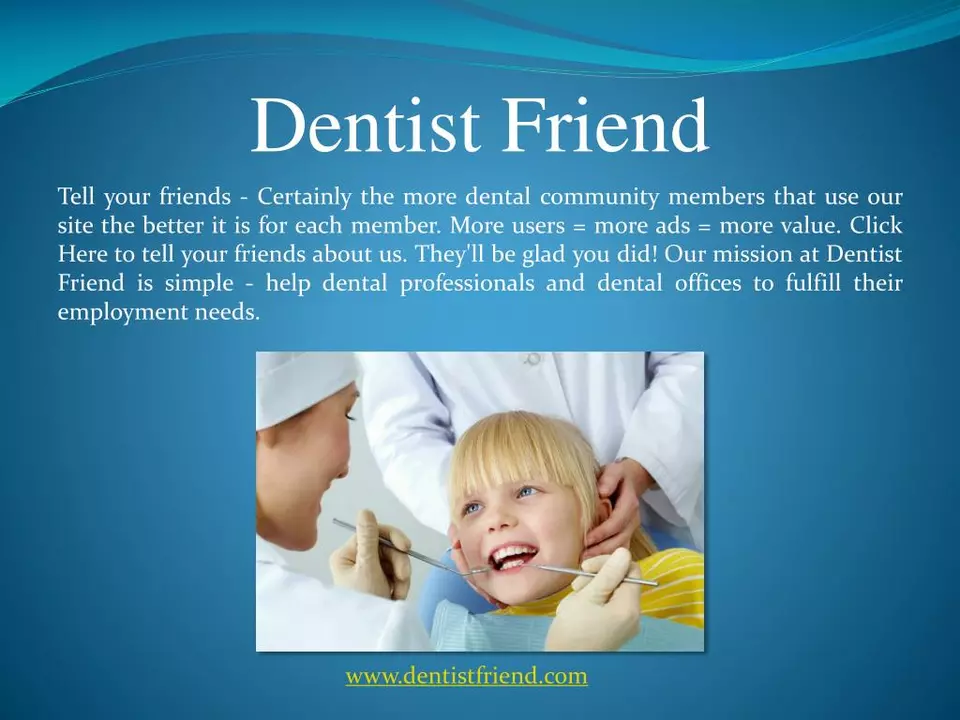Oral Health: Practical Daily Habits for Strong Teeth and Gums
Want healthier teeth without complicated routines? Small daily habits beat rare big efforts. Use these clear, practical steps to cut cavities, calm gum inflammation, and keep your smile fresh.
Daily routine that actually works
Brush twice a day for two minutes with a soft-bristled brush and fluoride toothpaste. Two minutes feels long—try a timer or an app—but it makes a real difference. Angle the brush 45 degrees to the gum line and use gentle circles; hard scrubbing wears enamel and irritates gums. Replace your toothbrush every three months or sooner if bristles fray.
Floss once a day. Flossing reaches the tight spots your brush misses and prevents plaque turning into tartar. Slide the floss gently along each tooth in a C-shape. If traditional floss is tough, try floss picks, water flossers, or interdental brushes—whatever you’ll use consistently.
Don’t skip your tongue. A quick scrape or gentle brush clears bacteria that cause bad breath. Finish with a rinse if you like—choose an alcohol-free, fluoride mouthwash if your dentist recommends it.
Food, drink, and habits that matter
Watch sugar and acid. Frequent sipping of soda, sports drinks, or fruit juices bathes teeth in acid and raises decay risk. Swap to water or rinse with water after sweet or acidic foods. Chewing sugar-free gum with xylitol after meals can boost saliva and reduce acid.
Smoking and vaping harm gums and slow healing. If you’re trying to quit, tell your dentist—they can point to local resources and note special care you might need.
Many common medicines cause dry mouth, which raises cavity risk. If you have dry mouth, sip water often, chew xylitol gum, and ask your pharmacist about alternatives or saliva substitutes.
Keep an eye on signs you shouldn’t ignore: gums that bleed when you brush, persistent bad breath, loose teeth, new sensitivity, or a sore that won’t heal. These can mean gum disease, infection, or other health issues that need attention.
See your dentist regularly. For most people, a check and clean every six months works well. People with diabetes, gum disease, or a history of cavities might need more frequent visits. Your dentist can spot early problems and tailor prevention tips to your needs.
Shopping tips: look for fluoride toothpaste and products with an ADA or similar seal. Be cautious with aggressive whitening or DIY fixes—they can cause sensitivity or uneven results. Ask your dentist before starting any whitening plan.
Finally, teach kids good habits early. Start cleaning baby gums, move to a soft brush when teeth appear, and make brushing fun so they stick with it. A few minutes a day keeps most problems away and saves time, money, and discomfort later.
Follow these simple steps and you’ll see steady improvement. If something worries you, your dentist is the best person to ask—no question is too small when it comes to your mouth.

The Role of Ampicillin in Dental Care and Oral Health
Apr 26 2023 / HealthAs a copywriter, I've learned that Ampicillin plays a significant role in dental care and oral health. This antibiotic is commonly prescribed by dentists to treat and prevent bacterial infections in the mouth. By reducing the presence of harmful bacteria, Ampicillin can help alleviate pain and swelling associated with dental issues like tooth abscesses, gum infections, and even after dental surgeries. Additionally, it can be an effective preventive measure against the spread of infection to other parts of the body. In conclusion, Ampicillin is an essential tool in maintaining good oral health and promoting overall well-being.
VIEW MORE